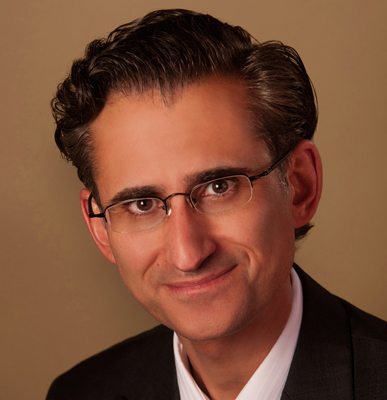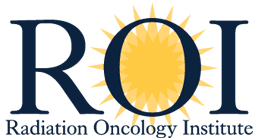Constantine "Connie" Mantz, MD

Please tell us about your role at 21st Century Oncology. Are you involved in patient care, teaching and/or research?
At present, I’m the Chief Policy Officer for my company and work with our Legal, Compliance, Payer Contracting, IT, Operations and Business Development teams on projects that involve clinical policy and regulatory and billing matters. I also lead our company’s Research and Cancer Registry. I split my time evenly between patient care and administrative responsibilities.
Please highlight any special accomplishments in the field of radiation oncology.
I helped my company design and execute the first comprehensive episode payment model with a national commercial insurer in 2012 and have presented clinical and financial outcomes of this experience at many meetings. I have since been a member of ASTRO’s Payment Reform Workgroup, which has consulted with Medicare and the Center for Medicare & Medicaid Innovation (CMMI) on its developing Radiation Oncology Alternative Payment Model. On the research side, I helped lead our company’s phase 2 studies on the use of SBRT for prostate and cervix cancers – I am particularly proud of our very early adopter status with regard to using SBRT for these diseases for which clinical outcomes to date have been excellent.
Why did you decide to become a radiation oncologist?
I had my introduction to radiation oncology as medical student by accident. A radiation oncology lab at my medical school needed a student who could culture heart cells for its basic research purposes, and so I was lent from my cardiothoracic lab to help. Once in the department, I started attending tumor conferences and following the clinical radiation oncologists as they saw patients. After a few days, I thought this field of medicine was the greatest secret ever and changed my career goals accordingly.
How do you envision the future of the field of radiation oncology? In what ways would you like to see it grow/evolve?
Radiation oncology is fortunate in that it has attracted, by several measures, many of the best and brightest from our medical schools, and so we have a good foundation upon which we may build our future. To me, the rest is accomplished by having the vision of the radiation oncologist as indispensable to almost all cancer care and not as a default when surgical or systemic options are unavailable or as a specialist whose care may be increasingly omitted. I think we instead need to become greater and more vocal advocates for our care and execute opportunities to expand our clinical utility through research. In doing so, we can secure a valuable space in medicine and prevent being subsumed by others in a competitive future.
What prompted your decision to make a financial contribution to the Radiation Oncology Institute?
My contribution is an acknowledgment of the critical research that needs to be conducted in order to grow the value of our clinical services. It is also recognition of the large gap that exists at present between the scale of available funding and the need for that research.Why did you choose to support the ROI at the Founders’ Circle level?
I wanted to make as much a contribution as I could afford and support research initiatives that will prove clinically productive. I am a mid-career radiation oncologist and want to do what I can to make my next 10 – 20 years satisfying!
What would you tell others who are considering a gift to the ROI? Why should they give to the ROI?
My message to others considering a gift is to look at the current environment of research funding and recognize how dwarfed radiation oncology allocations have become, particularly relative to those for cancer biologics. If we imagine our field of medicine having a healthy future, then we increasingly need to consider addressing this gap with our own contributions.














